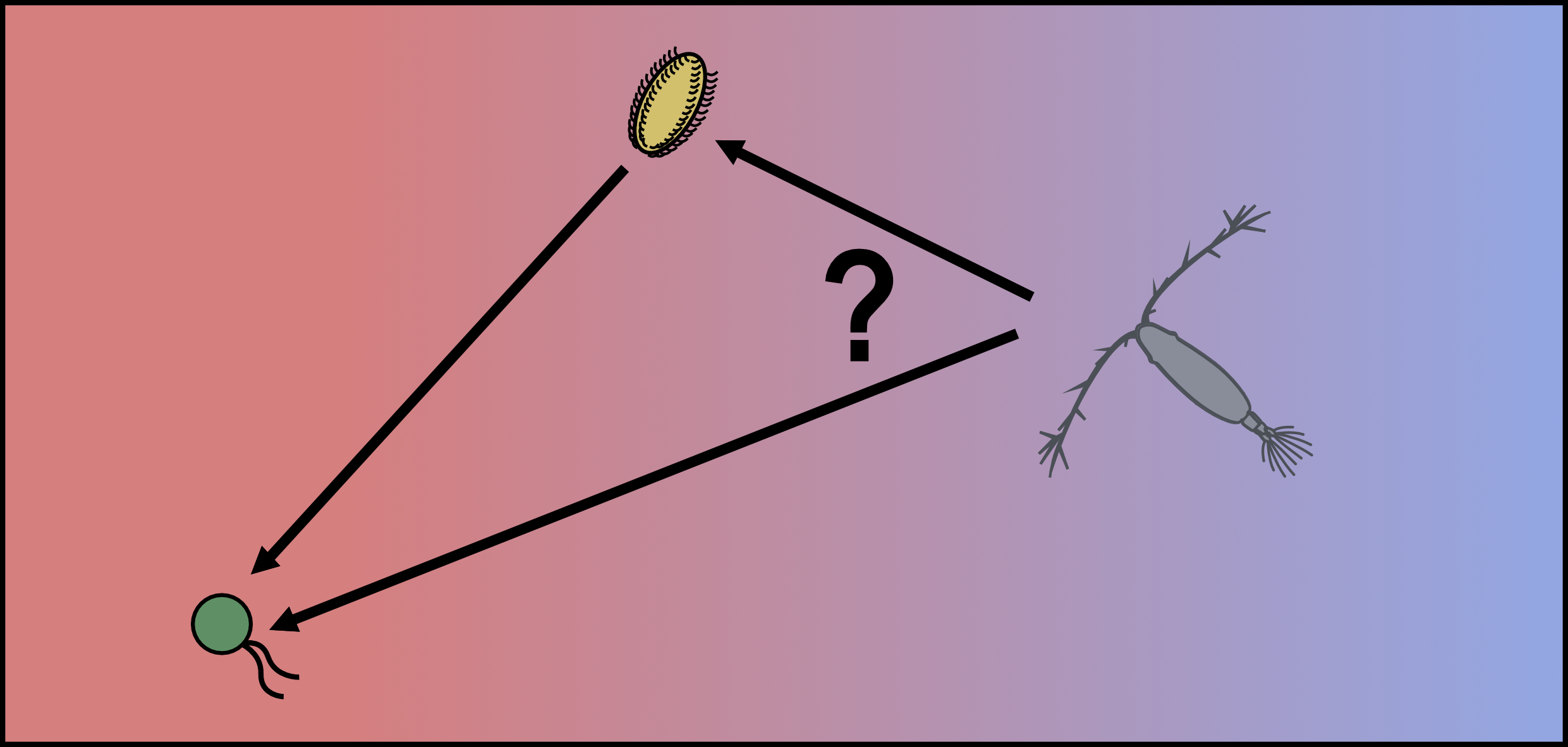Eco-evolutionary interactions
One major factor limiting our ability to predict ecosystem responses to climate change is the unknown potential for adaptation to alter predicted ecological effects. For example, temperature effects on physiological rates drive many of our predictions about how climate change will affect ecological interactions. However, over longer timescales, adaptation to warming may alter the extent of the ecological changes by shifting the underlying performance curves.
Recently, we’ve been looking into how metabolic thermal adaptation might affect selective feeding dynamics in omnivorous copepods. As temperatures increase, respiration rates tend to increase at a faster rate than other metabolic processes like protein synthesis. This might result in an increase in the optimal food C:N ratio, and encourage individuals to selectively feed on more carbon-rich options like autotrophic phytoplankton. While this would have major implications for future foodwebs, predictions of an ocean full of vegetarian copepods overlook the role that thermal adaptation may play. If adaptation to warming shifts respiration rate TPCs, this stoichiometric pressure to selectively feed on phytoplankton would be reduced, undoing the changes in foodweb structure.
